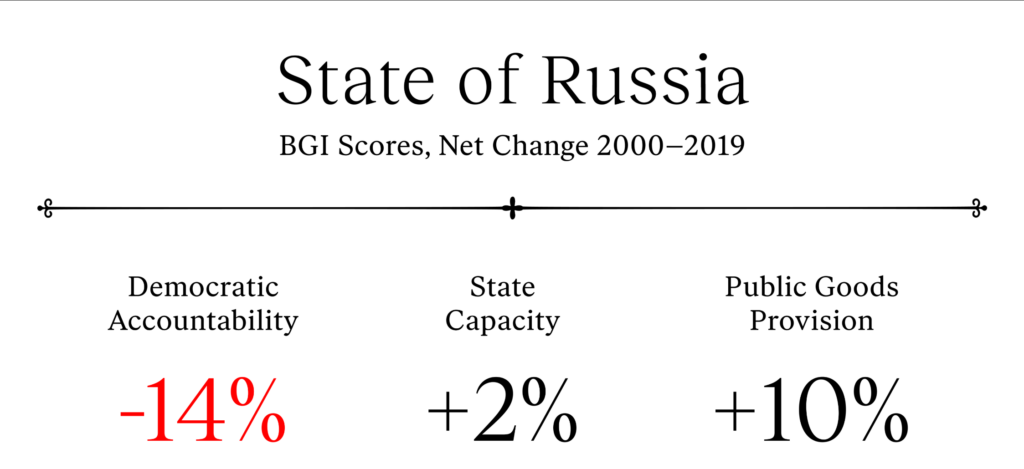
Berggruen Institute
When the 50 or so members of the Russian opposition met last November at the Jablonna Palace outside Warsaw, where the Polish opposition once began the so-called roundtable discussions that eventually led to the fall of Communism, tensions boiled over about how to change the course of Russia. NBC News reports:
According to interviews with observers at the congress, ideas ranged from drafting a new Russian Constitution to planning deadly attacks against President Vladimir Putin and his entourage in the Kremlin. But a whole host of prominent Russian opposition activists avoided the Jablonna Palace meeting altogether — a sign of just how divided the Russian opposition is, and how far it is from achieving its goal of overturning Putin, even as he pursues a catastrophic war in Ukraine.
 “Whatever the resolutions of the Congress, its work will be understood as a call to arms,” said Leonid Gozman (right), head of the Russian liberal-conservative movement Union of Right Forces, who decided against participating in Jablonna. “And I am not ready for this.”
“Whatever the resolutions of the Congress, its work will be understood as a call to arms,” said Leonid Gozman (right), head of the Russian liberal-conservative movement Union of Right Forces, who decided against participating in Jablonna. “And I am not ready for this.”
The so-called Russian social contract exchanges inaction and loyalty for reliable access to public goods, the Berggruen Institute observes. But how well is the Russian state prepared to sustain domestic stability and public support in light of a stagnating economy and the ongoing war in Ukraine? In the long run, is state capacity alone sufficient to deliver public goods? it adds, offering Insights from The Berggruen Governance Index (BGI).
Data from the Index confirms Russia’s “authoritarianization” and shows a clear and rapid drop of the democratic accountability level from 53 in 2000 to 37 in 2019 that is not equaled by most post-Soviet countries.
It’s not enough to pass laws, adopt resolutions or expose ownership information, @OliverBullough writes for @NEDemocracy partner @CodaStory. Western democracies need to investigate oligarchs, prosecute them & confiscate #kleptocrats‘ wealth. https://t.co/MCxtMd4TEC @CodaStory
— Democracy Digest (@demdigest) February 22, 2023







